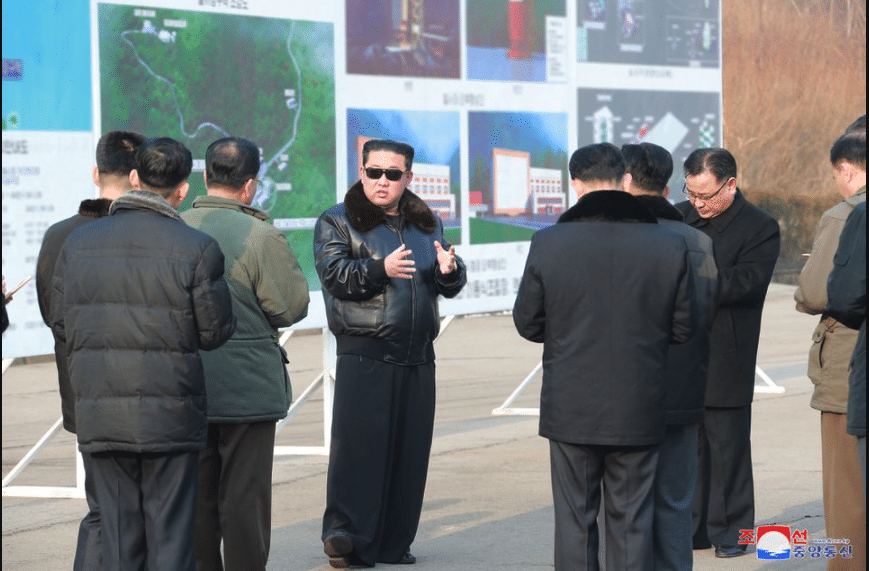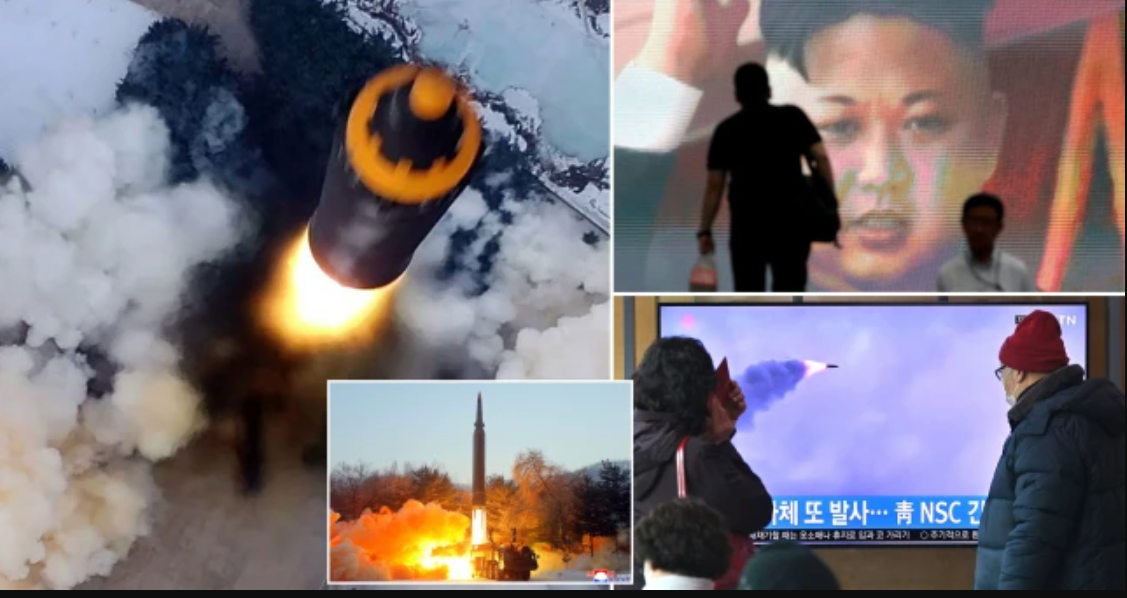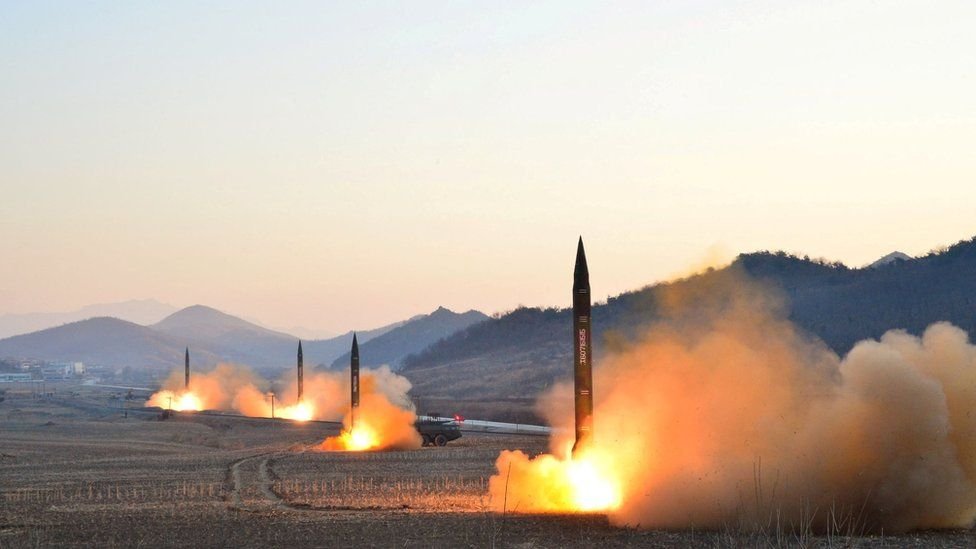GORDON G. CHANG
“The United States has great strength and patience, but if it is forced to defend itself or its allies, we will have no choice but to totally destroy North Korea,” said President Donald Trump on Tuesday morning during his maiden speech before the United Nations General Assembly. “Rocket Man”—Trump’s new nickname for North Korean supremo Kim Jong Un—“is on a suicide mission for himself and for his regime.”
If there is a war on the Korean Peninsula, as appears increasingly likely, what happens after the guns go silent? The reconstruction of the Korean nation, after more than a century of tragedy and division, would be one of the most difficult and expensive projects in history.
The cost of rebuilding the Democratic People’s Republic of Korea, as the North calls itself, is beyond the means of Seoul. There are South Korean estimates ranging from $50 billion to $229 billion. Add in rebuilding the South, and the tab can soar to over $5 trillion.
Yet the real cost is the suffering of more than 25 million North Koreans. Many tell us they would try to move north in the event of the destruction of the Kim regime so Beijing is worried about the influx of refugees in its northeastern provinces.
It does not appear, however, that Chinese officials are especially concerned about the ability of the People’s Liberation Army, backed up by the People’s Armed Police, to close the border with the North. After all, that border is defined by three natural boundaries: the Yalu and Tumen rivers and an active volcano, Mt. Paektu.
In any event, it is unlikely that North Koreans want to leave their fate to the hated Chinese when they can more easily walk across the Demilitarized Zone, the strip of land separating the two Koreas. In an era of considerably less tension, north-south corridors in the border area were de-mined. Refugees, therefore, merely have to stroll south—to be with other Koreans—along safe paved highways and railroad tracks.
That means, if North Korea were to be “totally destroyed,” the first job of South Korean and U.S. troops would be to stabilize the population of North Korea.
The South Korean military would likely execute “stabilization operations that will focus on two key objectives: establish security and restore essential services with the intent to keep the Korean population fixed in their villages receiving essential support to minimize the humanitarian crisis,” David Maxwell, of Georgetown University’s Center for Security Studies, told The Daily Beast on Tuesday.
At the same time, South Korean forces, assisted by the U.S., would have to go on the most important Easter egg hunt in history. They would have to, as Maxwell said, “search, locate, secure, render safe, account for, and as appropriate destroy any remaining weapons of mass destruction.”
And they’d have to do this in a hostile environment, one “exponentially more complex than Iraq,” says Maxwell, a former U.S. Army Special Forces colonel with five Korea tours. The North Koreans are indoctrinated to hate Americans, almost all males have military training, and they will have guns. Moreover, the population has been raised on a myth glorifying “partisan warfare.”
So what could be more dangerous? As South Korean and American forces move north, the Chinese would probably move south.
China’s military would also want to find nuclear weapons, stocks of chemical and biological agents, and ballistic missiles. Beijing, however, covets something even more important to China: paper. The Chinese would need to secure North Korean archives, which will likely show their complicity in the Kim family’s weapons programs and its horrific crimes.
This means China almost certainly would try to secure the capital of Pyongyang and weapons sites before South Korean and American forces did so.
South Korean and American military officers and diplomats have, for decades, tried to discuss with their Chinese counterparts what happens when, for whatever reason, the Kim regime can no longer rule. Maxwell points out that “this can hardly be called coordination.”
Why not? “These engagements,” he said, “are generally one-way with no reciprocal sharing from the Chinese side.” Therefore, Beijing, at least at this time, does not seem to be particularly interested in attempts to “minimize misunderstanding and miscalculation.”
It is often said that Chinese officials do not participate in these discussions for fear of offending their North Korean allies. Another reason, however, may be that Chinese military officers do not want to reveal their plans because they want to control the northern portion of the Korean Peninsula.
Leading Korea watcher Bruce Bechtol of Angelo State University told me that the Chinese would undoubtedly end up talking to Washington and Seoul if and when the time comes. Bechtol, the author of North Korea and Regional Security in the Kim Jong-un Era, is probably correct, as the specter of great-power war should tend to convince Beijing that it has no choice but to coordinate.
But should the Chinese decide not to do the right thing, the total destruction of North Korea could lead to two large armies with incompatible objectives coming into contact with each other in a wartime setting.
Miscalculation in these fluid circumstances haunts war planners like Robert Collins, who has worked with U.S. Forces Korea in this area. As he told The Daily Beast, if Kim loses control, planning for all sides becomes “exceptionally complex and challenging.”
That’s when the real fighting in Korea could begin.








